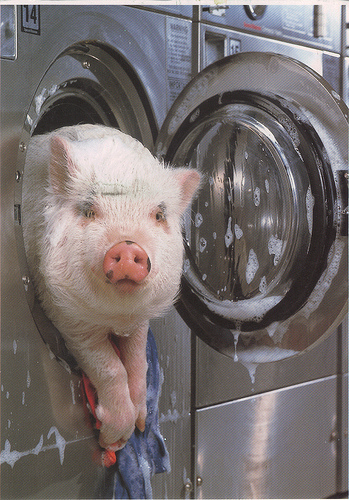Addison
 Auror
Auror
First of all, I highly recommend reading "DIYMFA" by Gabriela Pereira. TONS of good advice!
Some of her advice on writing stories in past or present tense I have to share. Most stories are told in past tense as it helps ground the reader. Although, if the story is life or death with your portage's life, then apparently past tense is kinda giving away the protagonist's survival.
Present tense sucks the reader in the immediacy of the scene, right at the protagonist's hip. Although this tense will either make it harder to ground the reader in the story's world or just take longer.
Consider two excellent stories: "Harry Potter" and "The Hunger Games". Both of them terrific book series. "Harry Potter" is past tense, while "Hunger Games" is present tense. The present tense in "Hunger Games" is hugely effective given that the series focuses on life and death. Past tense in "Harry Potter" helps us read and learn about the world and the background of Voldemort and all the other relevant information.
So if you're stuck on your story or think it's not being told as best as it could, try writing a scene or two in the other tense and/or from a different character's P.O.V. Even if you really just need a break it's a great exercise, and fun.
This section of "DIYMFA" raised a question in my head. Is it possible to write a story using both tenses? Such as it starts in past tense but then at the Second Plot Point or Climax it changes to Present tense? Or maybe scenes in past tense are Third Person P.O.V and present tense are First Person? It would be effective in a mystery and/or with more than one character.
So, read, enjoy and Happy Writing.
Some of her advice on writing stories in past or present tense I have to share. Most stories are told in past tense as it helps ground the reader. Although, if the story is life or death with your portage's life, then apparently past tense is kinda giving away the protagonist's survival.
Present tense sucks the reader in the immediacy of the scene, right at the protagonist's hip. Although this tense will either make it harder to ground the reader in the story's world or just take longer.
Consider two excellent stories: "Harry Potter" and "The Hunger Games". Both of them terrific book series. "Harry Potter" is past tense, while "Hunger Games" is present tense. The present tense in "Hunger Games" is hugely effective given that the series focuses on life and death. Past tense in "Harry Potter" helps us read and learn about the world and the background of Voldemort and all the other relevant information.
So if you're stuck on your story or think it's not being told as best as it could, try writing a scene or two in the other tense and/or from a different character's P.O.V. Even if you really just need a break it's a great exercise, and fun.
This section of "DIYMFA" raised a question in my head. Is it possible to write a story using both tenses? Such as it starts in past tense but then at the Second Plot Point or Climax it changes to Present tense? Or maybe scenes in past tense are Third Person P.O.V and present tense are First Person? It would be effective in a mystery and/or with more than one character.
So, read, enjoy and Happy Writing.


 Sage
Sage

 Myth Weaver
Myth Weaver